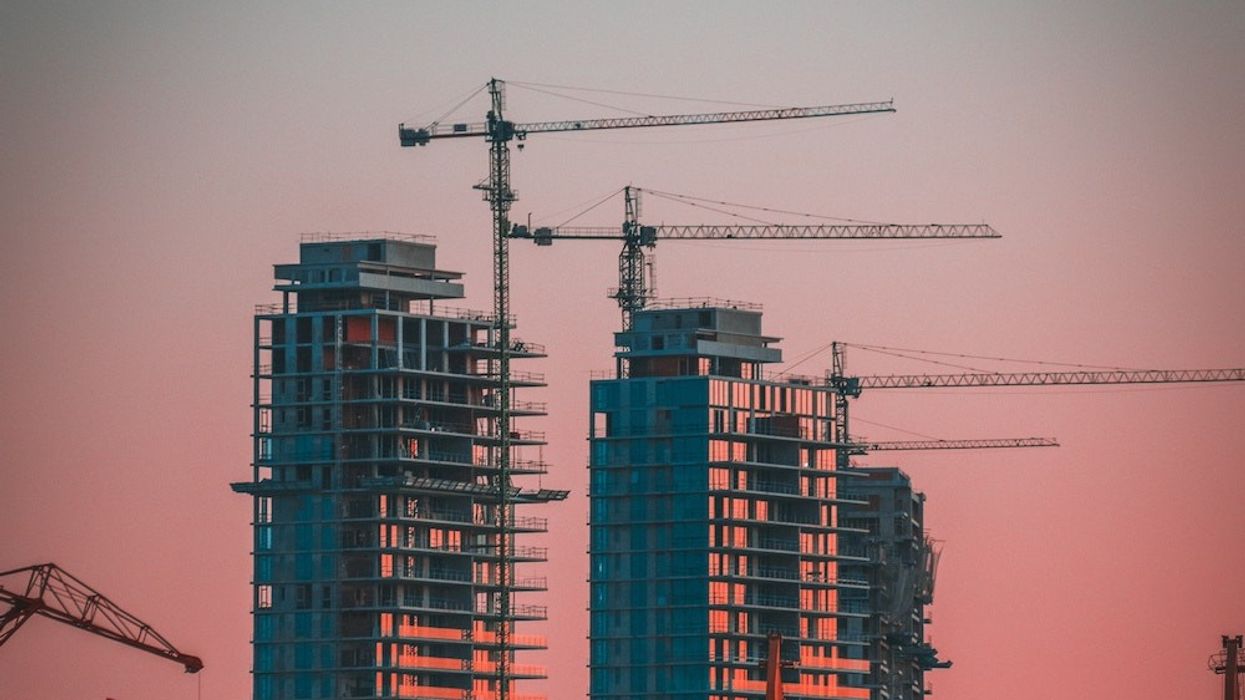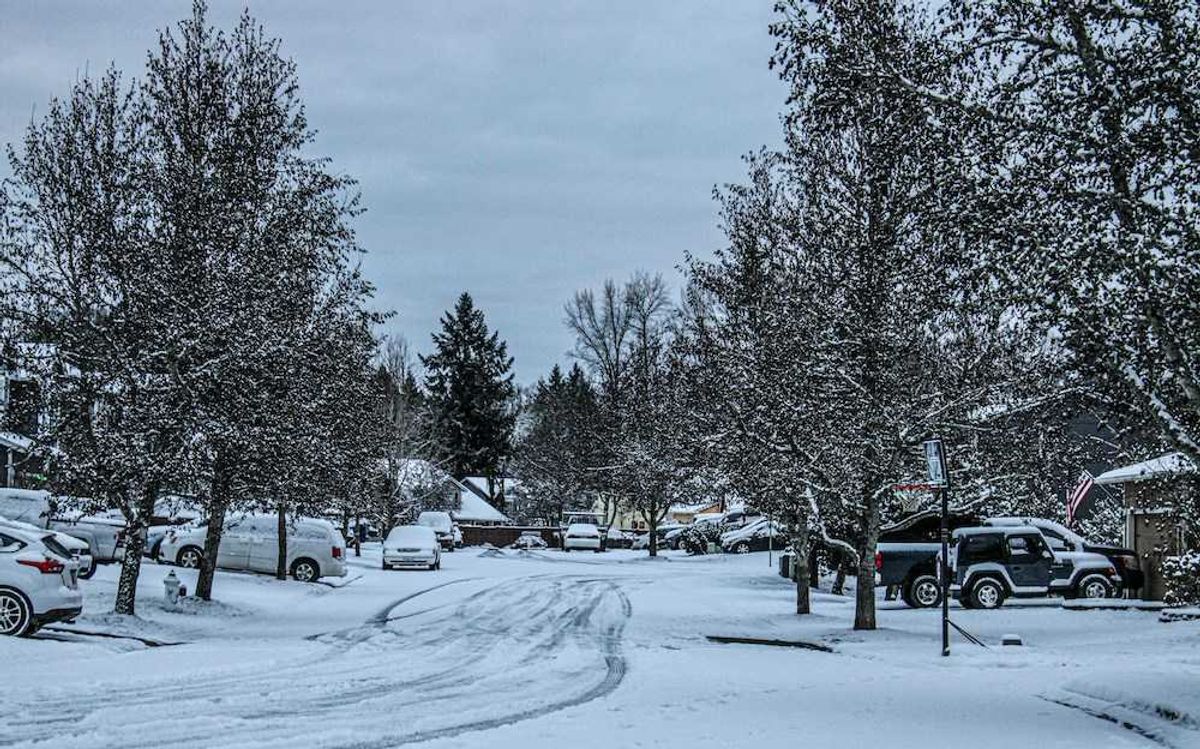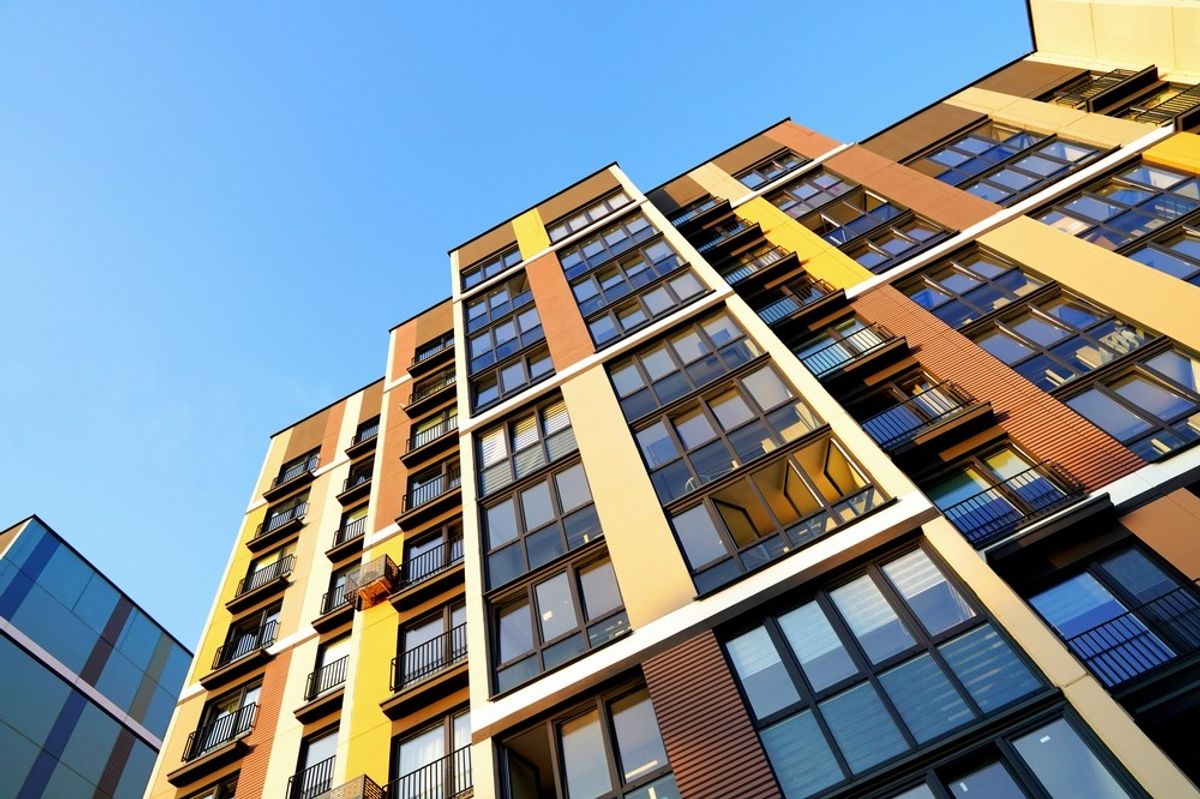Today, there is much discussion around housing supply – and the desperate need for it. In recent months, we have used data to argue for more supply, and discussed the shortfalls we will (continue to) experience if developers remain handcuffed by proformas they can’t make work.
But housing supply is complicated, with no silver bullets. The most left leaning tend to champion the need for social or government-subsidized housing. Closer to the middle, there is much talk about rental housing. Finally, very few are brave enough to openly fight for market condo housing. I said in the last Kinsman Report that we need all forms of housing: fully and partially subsidized, rental, and market — my plea was to “say yes to it all”.
READ: Dueling Interests: How Inflation Remedies Are Hurting Housing Starts
Which brings us to this article. Before we begin, I feel it necessary to disclose my bias: AVESDO serves the condo developer, and makes money doing so. Yes, we service lease up and strata offices, but the majority of our revenue comes from condo sales. While this results in a bias, it also makes us experts in condo sales, and via these insights I support the premise that we need market condos as much as – if not more than – any other housing type.
Market Condos Provide (Much-Needed) Rental Stock
Condos bring rental stock alongside ownership stock, and can create social housing (more to come on that below), all within one project.
A percentage of purchasers – as high as >70% for large urban condos in particular – are bought by people looking to rent the home out. New homes are attractive, as they provide time between purchase and close, during the construction timeframe, to build support for payments through savings or career advancement. There’s also the opportunity to live in the home before turning it into a rental (or the reverse).
New homes are also a fairly predictable investment. Fixed mortgage payments provide stability and, when combined with a warranty, strata fees and other costs are also fairly stable. This compares to a resale home that could require surprise expenses to fix a roof or water tank. And in Canada, rents have been fairly steady – and more likely to rise than fall – alongside the home’s capital appreciation. This makes it feasible for smaller investors to support the rental market with a condo purchase.
What’s more, despite rising rents – and unlike any institutional owner I’m aware of – some owners provide rent breaks to tenants they have established relationships with, or because the rental term or arrangement has a mutual benefit to both tenant and landlord. Institutions (government, not-for-profit, or for-profit) run by the book, which means annual increases to the allowable level, generally without exception.
Lastly, to build a condo, many municipalities require the creation of some social housing, both social and subsidized, as a condition to build the market component. These are common in urban centres, where you’ll find owner occupiers as well as partially and fully subsidized renters all living in one project. With a well-planned mix of units, these communities can serve the entire housing continuum. (More on this later.)
Through Market Condos, More People Can Build Wealth
This compares to that money going to a few large institutions. With thousands of new home sales running through our system annually, it brings me great joy to see our purchaser database full of unique individual names investing in their futures.
Our buyer demographics report reveals the list is made of young first-time buyers, many with parental support, and all committing their names to a mortgage. This requires them to put their talents and efforts to work to produce for themselves, while simultaneously contributing to Canada’s labour market.
We also see move-up buyers who are having families, needing more space and committing to larger investments – likely in step with career advancements – to support their children. Divorcees and widowers are another buyer group, making a home investment that will provide them safe haven (and future investment potential) as they restart their lives.
Downsizers – many of whom take the money gained from previous purchases to buy their retirement home – often put the extra back into the market in the form of a down payment for their kids.
And finally, we see investors, who create rental opportunities for someone else while they invest in their own future.
A very small number of these folks are “upper class;” and most would fall into the wide spectrum of the middle class. Housing is the vehicle available to them for building a small amount of wealth while providing a home for their family – or someone else’s.
There is jealousy directed at these people from those unable to be in their position. But that jealousy itself only reinforces how housing has provided a real and lucrative wealth-building mechanism for many working families in Canada, rather than that opportunity only being available to a corporation.
If we only build rental housing for corporate investors and governments to own, we take away the opportunity for the average Canadian, and actually degrade the middle class in doing so. ‘They could buy resale,’ you may say; this is true, but as resale ages and becomes costly to fix, it will become more difficult for families to float the investment and the upkeep required. Over time, as housing ages out, resales will be torn down and the new rental stock will become the old, slowly pushing the share of ownership to institutional.
Condo Developments Impact Broader City Building
The large profits in condo development can allow for the building of more public amenities, infrastructure, and social housing to be built in conjunction with new homes.
“Greedy developers” is an all-too common phrase, and implies as much as anything that there is significant money to be made in development. (I will save the argument that they’re taking huge risks – and have potential to lose just as much – for another day.) It’s true, there is a lot of money in development, and to make the gains, and take the risks, developers are amenable to building roads and infrastructure, contributing to amenities, schools, daycares and more within the community, and even building social housing, seniors housing, churches, and other not-for-profit uses, all for the right to build the market condo.
Our system shows countless examples where one market condo building provided additional community contributions measured in the hundreds of millions, with no taxpayer contribution or government burden. If the government built the same themselves, they would be required to outlay that money from the tax-payer coffers, taking away from other public investments whilst using up enormous credit availability. I note a recent announcement in BC, wherein the Fed will provide a $208M loan to receive just 422 rental homes in return. This is a long way from the many thousands of condos waiting and ready to go in our pipeline that just need more favorable terms. With that math it will take a long time to create the same number of homes a developer can.
It just makes sense to let developers make money if they are able to also contribute in such massive ways to the community. We’ve seen the flip side of this many times. When “greedy developers” are met with “greedy bureaucrats,” the project just doesn’t get built – and the housing, not to mention free community amenity contributions, are never realized.
I can currently see dozens of projects on hold in our system – which contain thousands of market homes and over a thousand subsidized homes that are just not launching – which means they are many (many) years from getting built. If ever. A quick scan of the active development permits working their way through the Greater Vancouver and Greater Toronto municipalities reveals thousands of affordable homes slated to be built via market condo projects that may never see the light of day.
Starting with the three reasons outlined above (and there are many more), this biased condo lover argues that although condo development is not perfect, it may be the best form of housing development we have at our disposal. Developments provide a vehicle for the Average Joe to build wealth, they ensure Canadians are working to pay mortgages, and they provide homes for owners, renters, and those needing assistance across the continuum, all of which can only be provided in-part by other development forms.
I said it in our last article, and I’ll say it again: Say “yes” to housing – especially market condos.
This article is authored by Ben Smith, President of AVESDO: a Canadian software company harnessing the power of data to help real estate professionals make better, faster, and more informed sales decisions.
This article was produced in partnership with STOREYS Custom Studio.





















